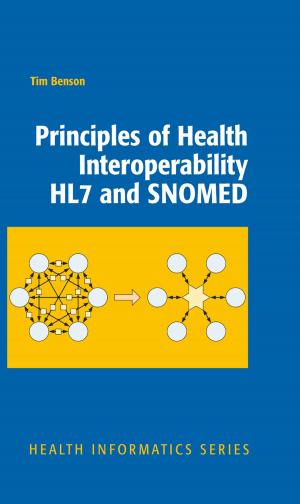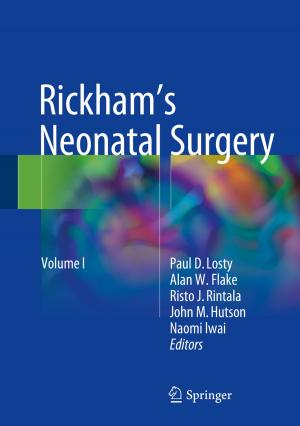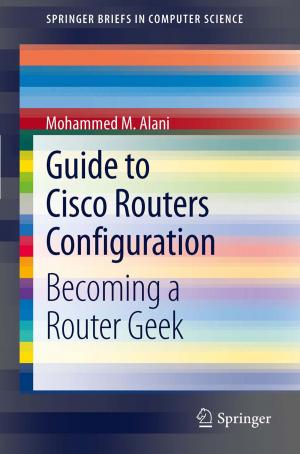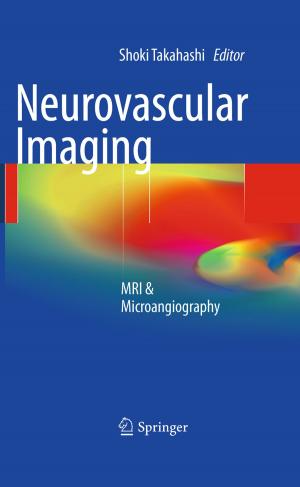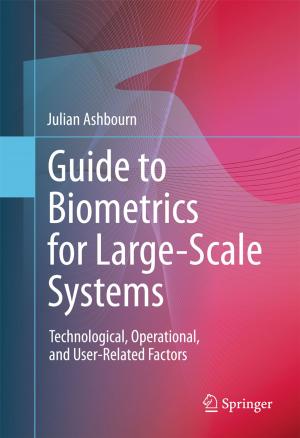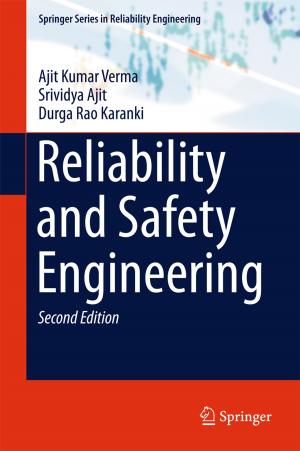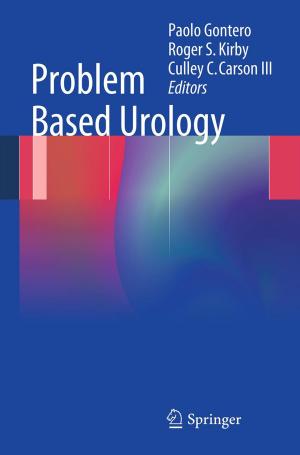A Neural Network Approach to Fluid Quantity Measurement in Dynamic Environments
Nonfiction, Science & Nature, Technology, Engineering, Mechanical, Computers, Advanced Computing, Artificial Intelligence, General Computing| Author: | Edin Terzic, Jenny Terzic, Romesh Nagarajah, Muhammad Alamgir | ISBN: | 9781447140603 |
| Publisher: | Springer London | Publication: | April 23, 2012 |
| Imprint: | Springer | Language: | English |
| Author: | Edin Terzic, Jenny Terzic, Romesh Nagarajah, Muhammad Alamgir |
| ISBN: | 9781447140603 |
| Publisher: | Springer London |
| Publication: | April 23, 2012 |
| Imprint: | Springer |
| Language: | English |
Sloshing causes liquid to fluctuate, making accurate level readings difficult to obtain in dynamic environments. The measurement system described uses a single-tube capacitive sensor to obtain an instantaneous level reading of the fluid surface, thereby accurately determining the fluid quantity in the presence of slosh. A neural network based classification technique has been applied to predict the actual quantity of the fluid contained in a tank under sloshing conditions.
In A neural network approach to fluid quantity measurement in dynamic environments, effects of temperature variations and contamination on the capacitive sensor are discussed, and the authors propose that these effects can also be eliminated with the proposed neural network based classification system. To examine the performance of the classification system, many field trials were carried out on a running vehicle at various tank volume levels that range from 5 L to 50 L. The effectiveness of signal enhancement on the neural network based signal classification system is also investigated. Results obtained from the investigation are compared with traditionally used statistical averaging methods, and proves that the neural network based measurement system can produce highly accurate fluid quantity measurements in a dynamic environment. Although in this case a capacitive sensor was used to demonstrate measurement system this methodology is valid for all types of electronic sensors.
The approach demonstrated in A neural network approach to fluid quantity measurement in dynamic environments can be applied to a wide range of fluid quantity measurement applications in the automotive, naval and aviation industries to produce accurate fluid level readings. Students, lecturers, and experts will find the description of current research about accurate fluid level measurement in dynamic environments using neural network approach useful.
Sloshing causes liquid to fluctuate, making accurate level readings difficult to obtain in dynamic environments. The measurement system described uses a single-tube capacitive sensor to obtain an instantaneous level reading of the fluid surface, thereby accurately determining the fluid quantity in the presence of slosh. A neural network based classification technique has been applied to predict the actual quantity of the fluid contained in a tank under sloshing conditions.
In A neural network approach to fluid quantity measurement in dynamic environments, effects of temperature variations and contamination on the capacitive sensor are discussed, and the authors propose that these effects can also be eliminated with the proposed neural network based classification system. To examine the performance of the classification system, many field trials were carried out on a running vehicle at various tank volume levels that range from 5 L to 50 L. The effectiveness of signal enhancement on the neural network based signal classification system is also investigated. Results obtained from the investigation are compared with traditionally used statistical averaging methods, and proves that the neural network based measurement system can produce highly accurate fluid quantity measurements in a dynamic environment. Although in this case a capacitive sensor was used to demonstrate measurement system this methodology is valid for all types of electronic sensors.
The approach demonstrated in A neural network approach to fluid quantity measurement in dynamic environments can be applied to a wide range of fluid quantity measurement applications in the automotive, naval and aviation industries to produce accurate fluid level readings. Students, lecturers, and experts will find the description of current research about accurate fluid level measurement in dynamic environments using neural network approach useful.




